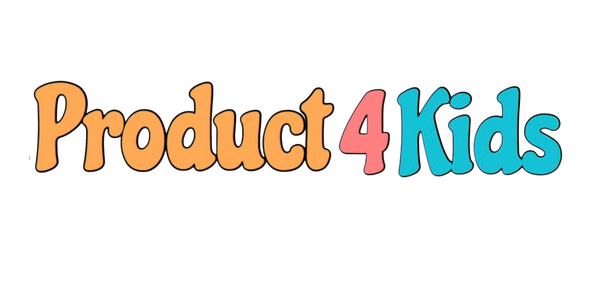-
Introduction
- Understanding autism spectrum disorder
- Importance of play for autistic children
-
Choosing the right toys
- Sensory toys
- Visual and auditory stimulation
- Toys for promoting social interaction
-
Top 5 toy recommendations
- Interactive sensory toys
- Building blocks and puzzles
- Pretend play sets
- Musical instruments
- Art and craft supplies
-
Benefits of toys for autistic kids
- Enhancing sensory integration
- Developing fine motor skills
- Encouraging communication and social skills
-
Tips for engaging playtime
- Creating a structured environment
- Using visual schedules and timers
- Following the child's interests
-
Conclusion
- The positive impact of toys on autistic children's development
Toys for Autistic Kids: Promoting Fun and Learning
Autism spectrum disorder (ASD) affects millions of children worldwide, and as a parent or caregiver, finding appropriate toys that can engage and support their development is essential. Playtime not only provides entertainment but also contributes to the growth of cognitive, sensory, and social skills. In this article, we will explore the world of toys for autistic kids, focusing on their unique needs and interests.
Choosing the right toys
When selecting toys for autistic children, it's crucial to consider their specific requirements. Here are some key factors to keep in mind:
Sensory toys
Autistic kids often have heightened or diminished sensory sensitivities. Sensory toys, such as fidget spinners, textured balls, or squishy toys, can help provide calming or stimulating sensations, promoting self-regulation and reducing anxiety.
Visual and auditory stimulation
Toys that offer visual and auditory stimulation can be engaging for autistic children. Light-up toys, bubble machines, or toys that play soothing sounds can captivate their attention and foster sensory exploration.
Toys for promoting social interaction
Encouraging social interaction is vital for autistic children's development. Choose toys that promote turn-taking, cooperation, and communication. Examples include board games, puppets, or pretend play sets that involve social roles and scenarios.
Top 5 toy recommendations
Here are our top five toy recommendations for autistic kids:
-
Interactive sensory toys: Toys like sensory boards, kinetic sand, or bubble tubes provide various tactile and visual experiences, helping children explore their senses and develop fine motor skills.
-
Building blocks and puzzles: Construction toys and puzzles engage children's problem-solving abilities and enhance hand-eye coordination. They offer a structured and repetitive activity that can be soothing for autistic children.
-
Pretend play sets: Pretend play encourages imagination, social skills, and language development. Consider play kitchen sets, doctor kits, or dollhouses that allow children to role-play and express themselves.
-
Musical instruments: Music can have a profound impact on autistic children. Musical instruments like keyboards, drums, or xylophones promote self-expression, creativity, and sensory integration.
-
Art and craft supplies: Drawing, painting, or crafting activities allow children to express themselves while enhancing fine motor skills and hand-eye coordination. Offer a variety of art supplies, such as colored pencils, clay, or finger paints.
Benefits of toys for autistic kids
Playing with toys offers several benefits for autistic children:
Enhancing sensory integration
Toys designed to stimulate the senses can help autistic kids integrate sensory information more effectively. By engaging with different textures, colors, sounds, and movements, children can improve their sensory processing abilities.
Developing fine motor skills
Many toys require precise hand movements, promoting the development of fine motor skills in autistic children. Activities like building with blocks, manipulating puzzle pieces, or using art tools strengthen hand-eye coordination and dexterity.
Encouraging communication and social skills
Toys that promote social interaction, turn-taking, and imaginative play can help autistic children develop their communication and social skills. Through playing with others or engaging in pretend scenarios, they learn to express themselves and understand social cues.
Tips for engaging playtime
Here are some tips for making playtime more enjoyable and beneficial for autistic children:
-
Creating a structured environment: Establish a consistent routine and designated play area to provide a sense of security and predictability for the child.
-
Using visual schedules and timers: Visual aids, such as schedules or timers, help autistic children understand and anticipate playtime activities. They provide a visual representation of the sequence of events.
-
Following the child's interests: Pay attention to the child's preferences and interests when selecting toys. Tailoring play experiences to their individual likes and dislikes can enhance engagement and motivation.
Conclusion
Toys play a crucial role in the development of autistic children. By choosing appropriate toys that cater to their sensory needs, support their cognitive skills, and encourage social interaction, we can create an enriching play environment. Remember to consider their individual interests and preferences while fostering a structured and engaging playtime. Together, we can make a positive difference in the lives of autistic kids.
